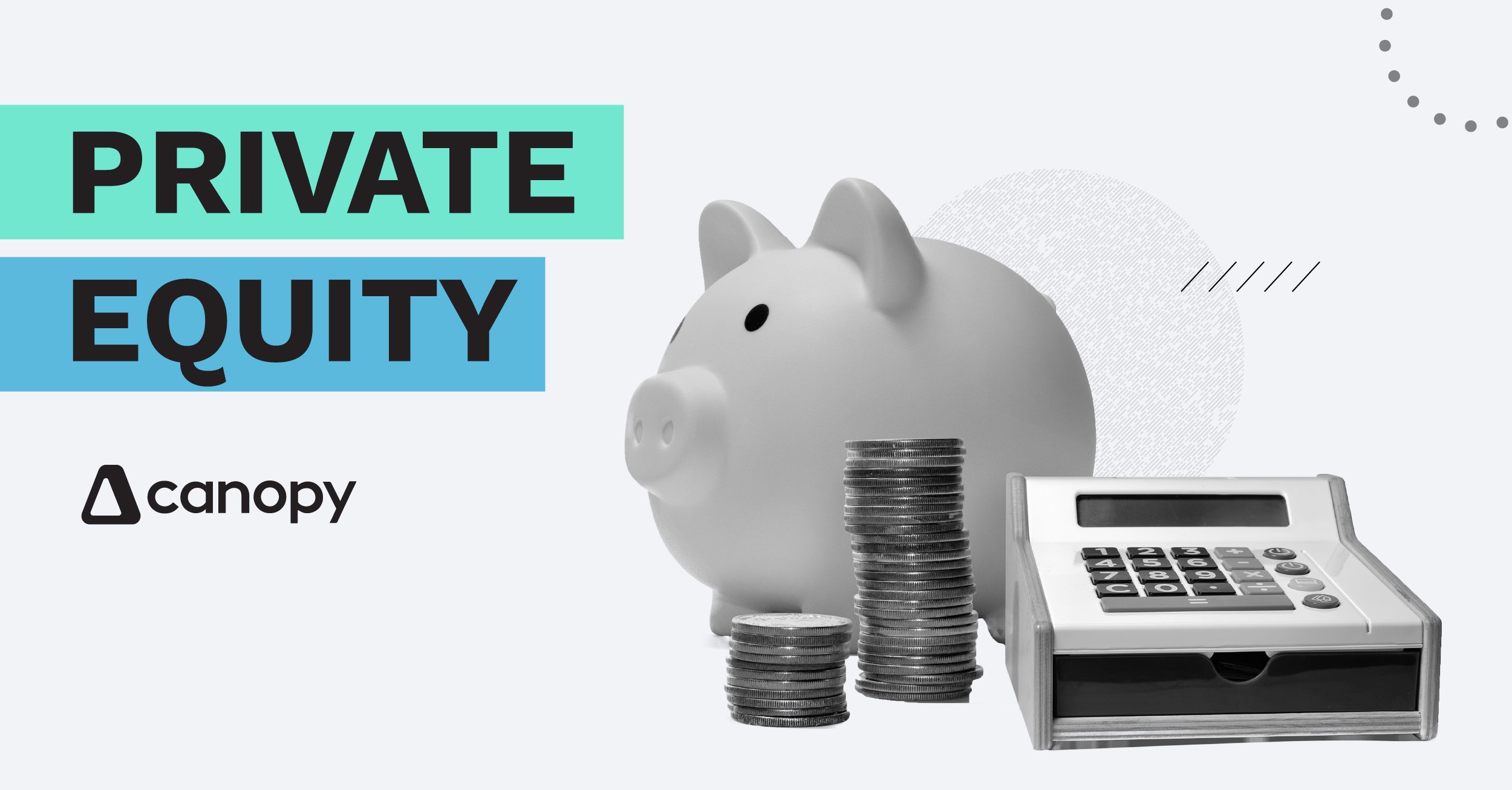Over the past few years, something unusual has been happening in accounting. Private Equity (PE) firms, known for buying fast-growing tech startups and manufacturing conglomerates, are now focusing their investments on accounting firms.
And they’re not just dipping their toes in. Major accounting players like Baker Tilly, EisnerAmper, and Cherry Bekaert have all entered partnerships with private equity firms. According to Accounting Today, five of the top 26 accounting firms have received private equity backing over the past three years, with more PE-backed firms now ranking among the fastest-growing in the Top 100.
But what does private equity in accounting actually mean for firm leaders? What’s driving this surge in accounting firm acquisitions? And how can firms prepare to navigate this shift in a way that strengthens their future?
What Private Equity Means for Accounting Firms
When people hear “private equity,” they might picture Wall Street dealmakers or billion-dollar buyouts. But in accounting, it looks a little different.
In this context, PE firms are acquiring minority or majority stakes in accounting firms or companies, typically with the goal of scaling operations, improving margins, and increasing long-term value. In exchange for equity, firms gain access to capital, strategic guidance, and a clear timeline to drive measurable growth. We’ve seen this in action with firms like EisnerAmper, Citrin Cooperman, and Cherry Bekaert, whose revenue collectively jumped 50% year-over-year following PE investments.
Unlike the traditional model of partner-owned firms, built slowly with an eye toward long-term stewardship, the private equity accounting firm model prioritizes speed, scale, and operational efficiency. That often means aggressive mergers and acquisitions, major investments in technology and infrastructure, and the introduction of more formalized leadership structures.
This shift brings new incentives, new timelines, and new decision-makers. It requires a long-term strategy and a forward-thinking approach to adapt to PE involvement. And while it opens the door to accelerated growth, it also raises the bar on operational discipline. PE-backed firms are focused on maximizing profits and improving service to create a competitive advantage.
.jpg?width=2500&height=1307&name=PEBacked%20(1).jpg)
Why are PE Firms Buying Accounting Firms?
Accounting firms haven’t always caught the eye of private equity. But in the last few years, they’ve become a hot target, and for good reason.
First, firms generate steady, recurring revenue from tax, audit, and advisory services. In an uncertain economy, that predictable cash flow is highly attractive. On top of that, accounting clients tend to have long-standing relationships with their firms - many stay with the same advisor for years or even decades, which is exactly what PE investors look for.
Second, the market is ripe for consolidation. Thousands of mid-size, smaller firms, and regional firms operate independently, giving PE firms a clear playbook: acquire a solid base, then grow through roll-up acquisitions and operational scale. Private equity investments help these smaller firms improve their competitive positioning by providing the resources and expertise needed to expand service offerings and attract larger clients.
Demographics play a role, too. With partner retirements accelerating and succession plans often unclear, firms are increasingly open to outside capital and the infrastructure that comes with it. But it’s not always about making a clean exit—many senior leaders see PE as a way to re-energize the business, take care of their staff, and position the firm for a stronger, more sustainable future.
Technology is another key driver. Client expectations are rising, but many firms are behind on systems and automation. PE firms know that investing in centralized workflows and automation, streamlined processes, and real-time data platforms is essential to scaling efficiently. These investments also support talent acquisition by enabling firms to offer competitive salaries and growth opportunities, helping them attract and retain top professionals.
And as more firms shift toward advisory services because of advances in AI and automation, PE sees the chance to scale client-loyal offerings with the right systems in place.
So, in short, PE firms are betting on what accounting can become. With the right operational foundation and tech stack, they will unlock and monetize their full potential.
.jpg?width=2500&height=1307&name=NonPEBacked%20(2).jpg)
The Opportunities for Accounting Firms
It’s fair to have questions about private equity. You’ve worked hard to build a firm you’re proud of, and you might not want to give up control over what makes it great.
But for firms that enter into private equity partnerships with a clear strategy and the right support, there’s a lot of upside.
The most obvious benefit is access to capital. PE investment can fund major updates, like implementing scalable tech, hiring specialized talent, expanding into new markets, or deepening niches. For firms that have struggled to modernize or grow organically, PE can be a game-changer.
But it’s not all about money.
Many PE firms bring a strategic approach to firm operations. That could mean better financial reporting, with a focus on understanding profits and how they are allocated, clearer org charts, or leadership development programs that help firms grow the next generation of partners from within.
There’s also the opportunity to scale through targeted mergers and acquisitions. PE-backed firms often have both the funding and the operational infrastructure to acquire and integrate new firms more smoothly, especially if they already have centralized systems in place.
Is Your Firm Built to Scale?
Whether you’re preparing for a future PE deal or are already backed by one, you need to make sure you have the right infrastructure in place.
Private equity brings capital, strategy, and pressure. Firms are expected to grow fast, integrate seamlessly, and deliver visibility into every corner of the business, from margins to workflows to team capacity. But those expectations don’t wait for your systems to catch up.
So, how do you know if your firm is built to scale?
Ask yourself:
- Are your processes standardized and documented, or are teams still relying on tribal knowledge?
- Can you see performance data in real time across clients, services, and staff?
- Can you onboard new acquisitions or hires without weeks of manual setup?
- Are you automating repeatable work, or are high-performing teams still bogged down by admin?
The firms that attract strong PE interest and thrive post-acquisition are the ones with infrastructure already in place. Not a patchwork of tools, but a centralized, scalable platform that connects people, workflows, and data.
Want to learn how PE-backed firms are scaling with Canopy?

Lexie is a skilled content marketing specialist who brings a dynamic mix of expertise in social media management, content creation, and project management to the Canopy team. With a keen eye for detail and a deep passion for brand, voice, and promotion, Lexie excels at crafting engaging narratives that resonate with audiences and amplify brand presence. Whether she’s developing innovative content strategies or managing projects with precision, her work consistently reflects her dedication to creating impactful marketing solutions.
READ MORE BY Lexie







Get Our Latest Updates and News by Subscribing.
Join our email list for offers, and industry leading articles and content.